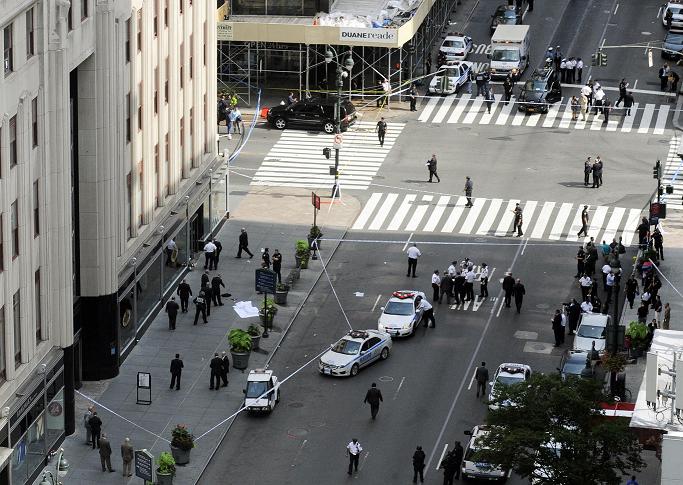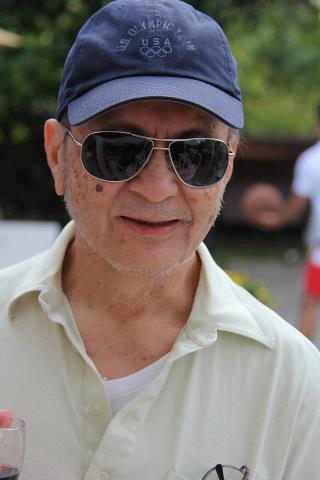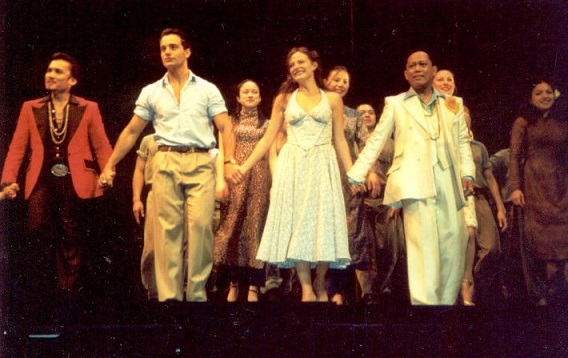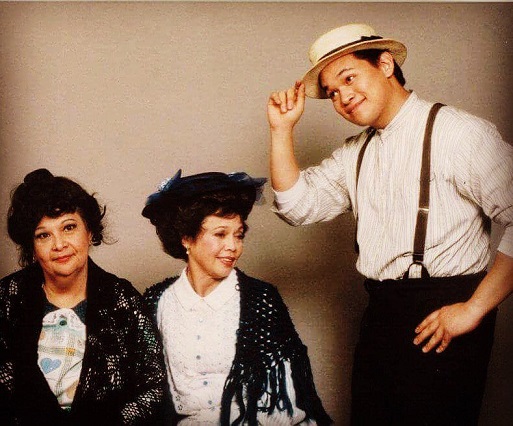‘Mulan,’ a forgettable screen hero
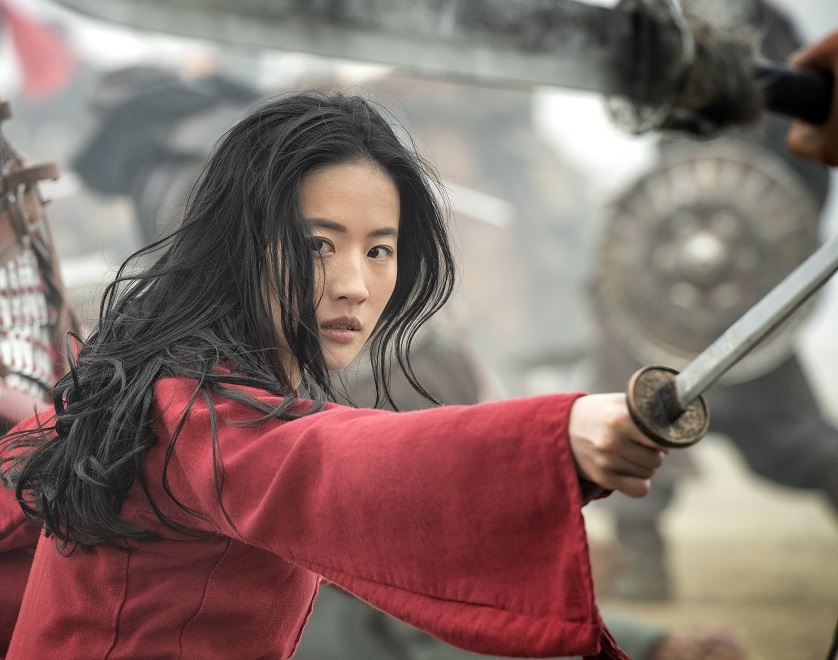
By Wendell Gaa
As the latest live-action adaptation of a classic animated Disney film, I found “Mulan” to be one of the least successful movies in this format when compared with the blockbuster hits of recent years “Beauty and the Beast” and “Aladdin.”
Like 2019’s “The Lion King,” which was a financial hit worldwide but was otherwise a big letdown for me, this version of “Mulan” is devoid of emotional investment and proper character depth and progression.
For those familiar with the 1998 animated classic, this film tells the story of a young girl named Hua Mulan living with her family in rural ancient China. Her adventurous spirit runs contrary to her village’s tradition of rearing all girls to eventually grow to become family homemakers. Mulan despises her predestined role to bring honor to her family by just meeting up with a matchmaker. It just so happens though that opportunity for bigger things in life come her way by the most unexpected of circumstances, when the remote northwestern regions of China are invaded by a horde of Rouran warriors led by the ruthless warlord Bori Khan, who threatens to take over the Chinese imperial city and kill the Emperor.
The Emperor of China issues a decree for one man in every family in the country to conscript themselves into the imperial army for defense against the Rourans. As the royal recruiting soldiers arrive in Mulan’s village, her father who is a war veteran willingly drafts himself into the army being that there are no boys in their family. Mulan however is very much aware of her father’s inability to survive battle due to his weakened elderly condition. Daring to defy her family’s wishes, as well as cultural tradition, Mulan secretly takes her father’s sword and arms and rides off from her village to bring honor to her family and country by joining the Emperor’s army under the guise of being a man.
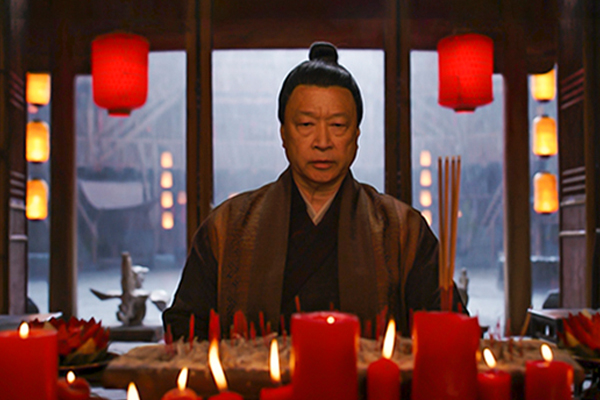
I did not mind so much that this live action version of “Mulan” does not have the musical song numbers like its animated forerunner did, which was enriched by our own Lea Salonga. There are elements to enjoy here, most notably the period designs and beautiful location backdrop (the film was shot in both China and New Zealand). If you can get past the obvious silly fact that everyone speaks English in what is supposed to be ancient China, the atmosphere and appearance of that era is otherwise captured quite remarkably through the colorful costumes and imperial architecture. Watching the courtyard scenes of the imperial palace personally brought back great memories of my visit to the Forbidden City in Beijing, China back when my father Ambassador Willy C. Gaa served as Philippine envoy there.
I also very much enjoyed the onscreen action stunts in the film’s battle sequences which were well choreographed. It is little wonder that martial arts legend Jet Li was cast as the Emperor here, albeit he is nearly unrecognizable, along with fellow martial arts star actors Donnie Yen as the commander of the imperial army, and Jason Scott Lee who is also barely recognizable as the warlord Bori Khan. We may remember Jason who portrayed the godfather of martial arts heroes Bruce Lee in 1993’s “Dragon: The Bruce Lee Story.”
Despite such star power, the film unfortunately lacks solid and stirring character development. Up-and-coming Chinese actress Liu Yifei performs exceptionally well as the title hero and she proves that she is capable to the physical demands of the role. But the screen writers don’t provide her a powerful evolutionary trajectory towards the growth of her character from a village girl to a seasoned warrior. It is sadly for this reason that I didn’t find her to be particularly memorable as a screen hero. The rest of the supporting characters in her army are rather bland and forgettable, and I didn’t feel much chemistry going on between Mulan and her fellow soldiers, which was supposed to have been a standout feature in the film.
The best dramatic performance here is definitely given by Tzi Ma as Mulan’s father Hua Zhou, despite his screen time being minimal. Perhaps best known to modern TV audiences as the villainous Chinese intelligence operative Cheng Zhi in the 2000s Emmy-winning action-thriller series “24” opposite Kiefer Sutherland, Tzi Ma exudes a reassuring paternal presence in his scenes with Liu Yifei, and I wish there could have been a more moments shared between the two of them in the film.
While I did appreciate the movie’s efforts to underscore the role of women in strong leadership positions, I just didn’t find the lead character to be as noteworthy as she potentially could have been. I am faithful that Hollywood will soon produce a landmark superhero film which would be the Asian version of “Black Panther.” Unfortunately, “Mulan” isn’t the one.
© The FilAm 2020

